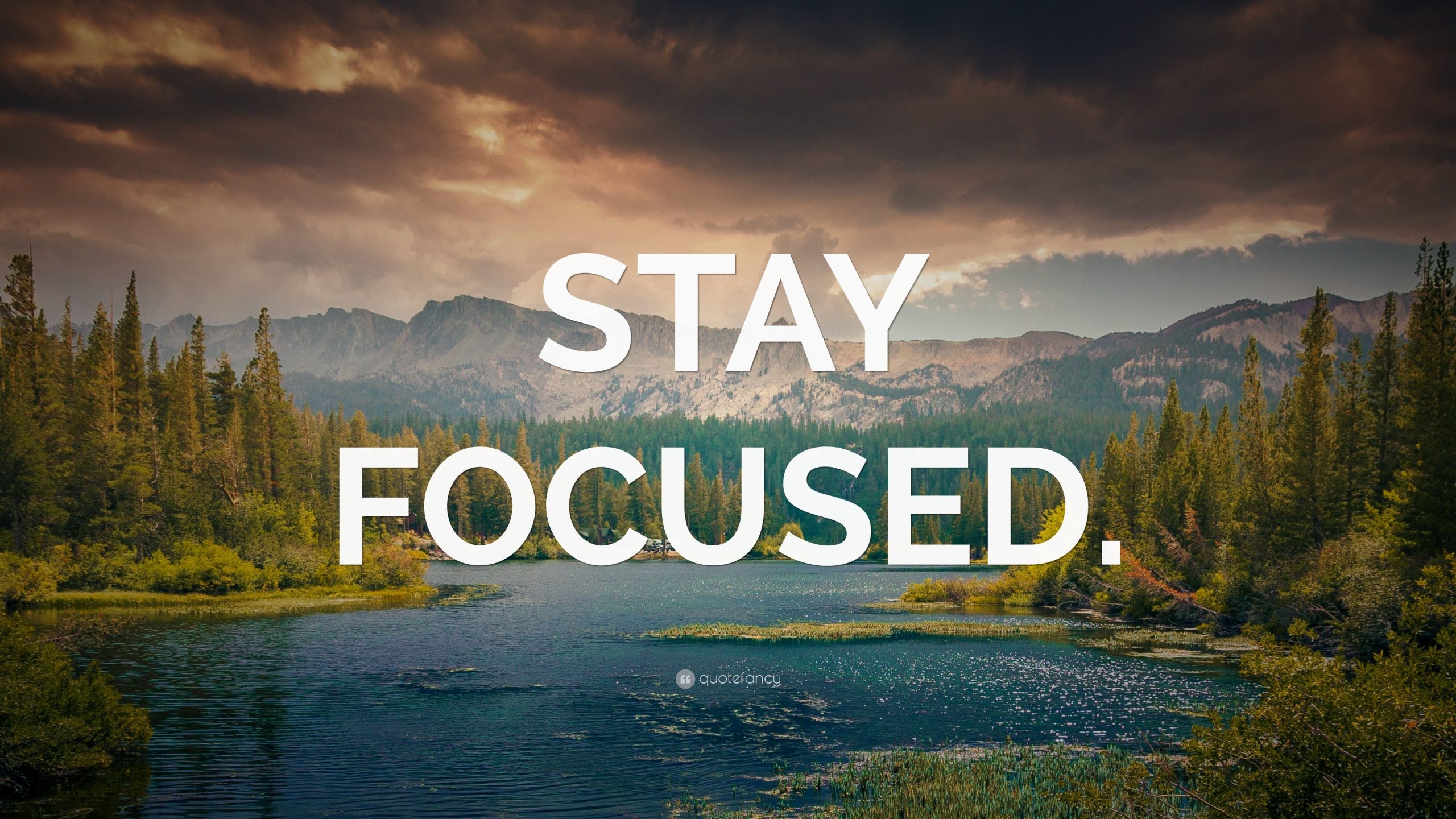
The Netherlands, a land of windmills, tulips, and a rich tapestry of history, beckons travelers with its unique charm and diverse offerings. From bustling cosmopolitan cities to serene countryside landscapes, this compact European gem provides a wealth of experiences. Deciding where to stay is the first crucial step in unlocking its magic. This comprehensive guide will navigate you through the best destinations, their historical significance, top attractions, practical travel tips, accommodation options, transportation networks, and the ideal times to visit, ensuring your Dutch adventure is nothing short of extraordinary.
A Glimpse into Dutch History: Shaping the Landscape and Culture
The Netherlands boasts a history as fascinating as its picturesque scenery. From its origins as a collection of independent territories, it evolved into a powerful maritime nation during the Dutch Golden Age (17th century), a period of immense wealth, artistic flourishing, and global trade. This era left an indelible mark, evident in the grand canal houses of Amsterdam, the artistic masterpieces housed in museums, and the enduring spirit of innovation.

Related Articles about Dutch Delights: A Comprehensive Guide to Where to Stay in the Netherlands:
- Canada’s Grandeur: A Journey Through Its Best Hotels, Iconic Sights, and Rich History
- Chiang Mai: A Traveler’s Guide to Northern Thailand’s Rose
- ¡Hola, Madrid! Your Ultimate Guide to Experiencing the Heart of Spain
- Santiago: A City of Contrasts, Culture, and Captivating Views
- Iceland: A Land of Fire and Ice – Unveiling Its Top Attractions and Essential Travel Guide
The country has also weathered periods of conflict and occupation, most notably during World War II, the scars of which are poignantly remembered in memorials and museums. This resilience has shaped a pragmatic and forward-thinking society, deeply committed to art, culture, and environmental sustainability. Understanding this historical context enriches the experience of exploring its cities and countryside, adding layers of meaning to every sight and sound.
Top Attractions: A Tapestry of Culture, Nature, and Innovation
The Netherlands offers a remarkable array of attractions catering to every interest:
For the Culture Vultures and History Buffs:
- Amsterdam: The vibrant capital city is a must-visit. Its iconic canal ring, a UNESCO World Heritage site, offers scenic boat tours and a glimpse into the city’s Golden Age architecture. Rijksmuseum houses masterpieces by Rembrandt and Vermeer, while the Anne Frank House provides a poignant and deeply moving historical experience. The Van Gogh Museum is a pilgrimage for art lovers.
- Delft: This charming historic city is renowned for its Delft Blue pottery, a tradition dating back centuries. Explore its picturesque market square, visit the Nieuwe Kerk (New Church) with its royal tombs, and wander through its charming canals.
- Utrecht: A vibrant university city with a unique double-layered canal system. Climb the iconic Dom Tower for panoramic views, explore the Museum Speelklok (Musical Clock Museum), and enjoy the lively atmosphere of its cafes and bars.
- Maastricht: Situated in the southernmost tip of the Netherlands, Maastricht boasts Roman origins and a distinct Burgundian flair. Explore the historic Vrijthof square, delve into the underground world of the Kazematten, and enjoy its sophisticated culinary scene.

For Nature Enthusiasts and Outdoor Adventurers:
- Keukenhof Gardens: Known as the "Garden of Europe," this world-famous flower garden showcases millions of tulips, daffodils, and other spring bulbs in breathtaking displays. (Open spring months only).
- Kinderdijk: Another UNESCO World Heritage site, this picturesque village features 19 well-preserved windmills, offering a quintessential Dutch landscape and insight into water management.
- Hoge Veluwe National Park: A vast nature reserve encompassing diverse landscapes of forests, heathlands, and sand dunes. It’s also home to the Kröller-Müller Museum, boasting an impressive collection of Van Gogh paintings and a sculpture garden.
- The Wadden Sea: A unique tidal ecosystem and UNESCO World Heritage site, offering opportunities for mudflat hiking (wadlopen), birdwatching, and experiencing the ebb and flow of the sea.
For the Modern and Innovative:
- Rotterdam: A city reborn after WWII, Rotterdam is a hub of modern architecture and innovative design. Admire the Cube Houses, the striking Markthal, and the Erasmus Bridge.
- The Hague (Den Haag): The political heart of the Netherlands, home to the Binnenhof (Parliament buildings) and the Peace Palace. It also boasts excellent museums like the Mauritshuis, home to Vermeer’s "Girl with a Pearl Earring."
Navigating the Netherlands: Accommodation Options for Every Traveler
The Netherlands offers a diverse range of accommodation to suit every budget and travel style:
1. Hotels:
- Luxury Hotels: Found in major cities like Amsterdam, Rotterdam, and The Hague, offering impeccable service, stylish décor, and premium amenities. Expect world-class dining, spa facilities, and prime locations.
- Boutique Hotels: Often found in historic buildings or trendy neighborhoods, these hotels offer a more intimate and personalized experience with unique character and design.
- Mid-Range Hotels: Widely available throughout the country, offering comfortable and well-equipped rooms at reasonable prices. Ideal for families and budget-conscious travelers seeking good value.
- Budget Hotels and Hostels: Primarily located in larger cities, these offer basic but clean accommodation, often with shared facilities. Hostels are an excellent option for solo travelers and those looking to socialize.
2. Apartments and Vacation Rentals:
- Airbnb and Similar Platforms: A popular choice for families, groups, and longer stays, offering the flexibility of self-catering and a more local living experience. You can find everything from charming canal-side apartments to rural cottages.
- Serviced Apartments: A good compromise between a hotel and a private apartment, offering hotel-like amenities with the space and independence of an apartment.
3. Unique Stays:
- Bed & Breakfasts (B&Bs): Often run by locals in charming houses or rural settings, B&Bs offer a warm and personal welcome, delicious homemade breakfasts, and invaluable local insights.
- Houseboats: Experience life on the water by staying in a converted houseboat, particularly popular in Amsterdam. This offers a unique and memorable accommodation option.
- Farm Stays (Boerderijvakantie): For a true rural escape, consider a farm stay, where you can immerse yourself in the countryside, enjoy fresh produce, and experience a slower pace of life.
- Castles and Historic Buildings: For a touch of grandeur, some historic castles and manor houses have been converted into hotels or guesthouses, offering a truly regal experience.
Where to Base Yourself:
- Amsterdam: Ideal for first-time visitors, those seeking vibrant nightlife, world-class museums, and a bustling atmosphere. However, it can be the most expensive option.
- Utrecht: A fantastic alternative to Amsterdam, offering a similar charm and canal system but with a more relaxed and authentic feel, and often more affordable accommodation.
- The Hague: Perfect for those interested in politics, international law, and art, with excellent museums and proximity to the coast.
- Rotterdam: For architecture enthusiasts and those seeking a modern, dynamic city experience.
- Leiden or Haarlem: Smaller, historic cities within easy reach of Amsterdam, offering a more tranquil base with beautiful architecture and fewer crowds.
- Smaller Towns and Villages: For a truly immersive Dutch experience, consider staying in smaller towns like Delft, Gouda, or picturesque villages in the countryside. This offers a chance to connect with local life and explore at a slower pace.
Mastering Dutch Transportation: Getting Around with Ease
The Netherlands boasts one of the most efficient and well-developed public transportation systems in the world:
- Trains: The NS (Nederlandse Spoorwegen) operates an extensive and punctual train network connecting virtually every town and city. Trains are comfortable, fast, and offer beautiful views of the Dutch landscape. Consider a Netherlands Travel Ticket for unlimited travel within a specific region or a Rail Pass for longer stays.
- Trams and Buses: Within cities, trams and buses are an excellent way to navigate. They are frequent, reliable, and often have dedicated lanes, making them efficient.
- Metro: Amsterdam has a metro system that is useful for reaching different parts of the city quickly.
- Ferries: In cities like Amsterdam, ferries are a free and scenic way to cross the IJ river.
- Cycling: The Netherlands is synonymous with cycling. Everywhere you go, you’ll see locals on their bikes. Renting a bicycle is highly recommended for exploring cities and the countryside. Dedicated cycle paths make it safe and enjoyable. Many accommodations offer bike rentals, or you can find rental shops in most towns.
- Car Rental: While public transport is excellent, renting a car can be beneficial for exploring remote rural areas or if you plan to visit multiple destinations that are not well-connected by train. However, parking in major cities can be expensive and challenging.
- Walking: Many Dutch cities are incredibly walkable, especially their historic centers. Exploring on foot allows you to discover hidden gems and soak in the atmosphere.
Key Transportation Tips:
- OV-chipkaart: This rechargeable smart card is the most convenient way to pay for public transport across the Netherlands. You can purchase it at train stations and various shops.
- Apps: Download the NS app for train schedules and tickets, and 9292 for comprehensive public transport planning across all modes.
- Book in Advance: For train travel, especially during peak hours or for longer journeys, booking in advance can sometimes secure cheaper fares.
The Best Time to Visit: Embracing the Dutch Seasons
The Netherlands experiences four distinct seasons, each offering its own unique charm:
- Spring (March – May): This is arguably the most popular time to visit, thanks to the blooming tulips and vibrant flower fields. The weather is generally mild, though can be unpredictable with occasional rain.
- Pros: Stunning floral displays (especially April-May), pleasant temperatures for outdoor activities, fewer crowds than summer in some areas.
- Cons: Can be rainy, Keukenhof Gardens can be very crowded.
- Summer (June – August): The warmest months offer long daylight hours and are ideal for exploring cities, enjoying outdoor cafes, and visiting beaches along the coast.
- Pros: Warmest weather, longest daylight hours, ideal for outdoor activities and festivals.
- Cons: Peak tourist season, can be crowded and more expensive, especially in popular cities.
- Autumn (September – November): The Netherlands transforms into a canvas of warm colors as the leaves change. The weather is cooler, and there are fewer tourists, offering a more relaxed experience.
- Pros: Beautiful autumn foliage, fewer crowds, often good deals on accommodation.
- Cons: Weather becomes cooler and more unpredictable, daylight hours shorten.
- Winter (December – February): While colder, winter has its own charm. Cities are beautifully decorated for the holidays, and there’s a cozy atmosphere. Ice skating on frozen canals (if conditions permit) is a quintessential Dutch winter experience.
- Pros: Festive holiday atmosphere, fewer tourists, potential for unique winter activities like ice skating.
- Cons: Cold weather, shorter daylight hours, some outdoor attractions may be closed.
Consider your interests when choosing your travel time:
- Tulips and flowers: Late April to early May.
- Festivals and outdoor events: Summer months.
- Quiet exploration and autumn colors: September and October.
- Christmas markets and cozy city breaks: December.
Essential Travel Tips for a Smooth Dutch Journey
- Currency: The official currency is the Euro (€). Credit and debit cards are widely accepted, but it’s always good to have some cash on hand for smaller purchases.
- Language: The official language is Dutch. However, English is widely spoken, especially in tourist areas, and most Dutch people have a good command of English.
- Tipping: Tipping is not obligatory in the Netherlands as service charges are usually included in the bill. However, if you receive exceptional service, rounding up the bill or leaving a small tip (5-10%) is appreciated.
- Water: Tap water in the Netherlands is safe to drink.
- Power Adapters: The Netherlands uses Type F electrical sockets, with a voltage of 230V.
- Respect Local Customs: Be mindful of cycling lanes and avoid walking or standing in them. Be quiet in residential areas, especially at night.
- Book Accommodation and Attractions in Advance: Especially during peak season, it’s advisable to book your accommodation and popular attractions (like the Anne Frank House) well in advance to avoid disappointment.
- Embrace the Pace: The Netherlands is a country that values a good work-life balance. Don’t be surprised if shops close early on Sundays or if people take their time to enjoy a coffee.
The Netherlands is a country that consistently delights and surprises. By understanding its rich history, exploring its diverse attractions, planning your accommodation wisely, and utilizing its excellent transportation network, you are well on your way to experiencing the true essence of this remarkable nation. Whether you seek the vibrant energy of its cities, the tranquility of its countryside, or the artistic brilliance of its past, the Netherlands promises an unforgettable journey.





